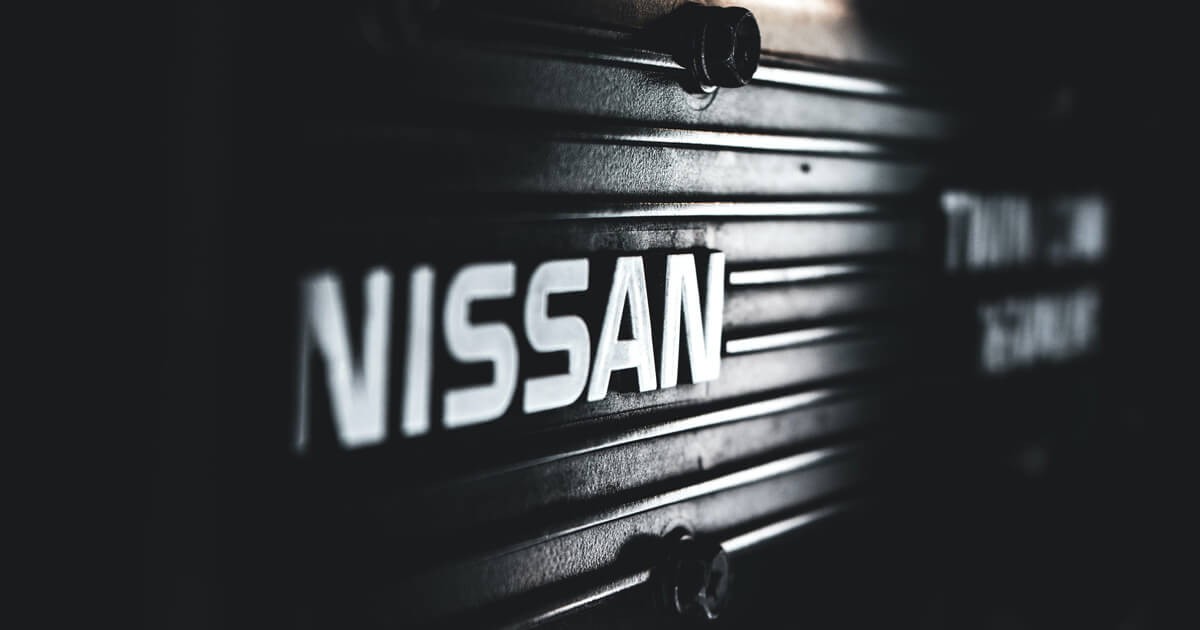
Genuine Nissan parts reflect the image of reliability and durability that Nissan has built for itself. Not only do these car parts add to the life of your vehicle, but they are also friendly on the pocket.
What most impressive about them, however, is how Nissan subjects them to thousands of hours of rigorous testing. As a result, Nissan parts always meet the highest standards of quality and performance that the industry offers.
That said, even the best car parts are susceptible to wear and tear, and Nissan parts are no different. Rarely, but surely, they will fail. If you own a Nissan car, at one point or another, you will find yourself looking for replacement parts.
Which brings us to the purpose of why we are writing this - Nissan parts!
As a driver, you might know, there are three options available to you while buying replacement parts for your vehicle. These include Original Equipment Manufacturer (or OEM), Genuine, and Aftermarket.
What do these terms mean? Which parts should you buy? How can you tell them apart?
We will be answering all these questions and more in this blog, so read on to find out:
What Are OEM Nissan Parts?
OEMs are those parts that a third party makes with the permission of Nissan. They also call it “original parts” since they are made specifically for Nissan cars. Because OEMs need authorization from Nissan, they're low in numbers.
How To Tell If It's An OEM part:
OEM parts do not have the original Nissan logo on them. Since third-party manufacturers create them, the packaging will bear the logo of the specific company. However, the quality of the OEMs is very close to that of genuine parts. You could go the extra mile and check if the manufacturer is on the official Nissan website or not. However, that is usually unnecessary since most suppliers will tell you the answer themselves.






What Are Genuine Nissan Parts?
While OEM parts come from authorised makers and suppliers, Genuine or OE (original equipment) parts originate from Nissan itself. When you buy a car, these parts are what comes pre-installed.
How To Tell If It's A Genuine Part:
Unlike OEM parts, genuine Nissan parts are packaged with the Nissan logo on it. These are significantly costlier than OEM and aftermarket parts. But, they do come with an extended warranty, so that's a key advantage.
What Are Aftermarket Nissan Parts?
Aftermarket parts are neither from Nissan nor from its authorised manufacturers. Developers of aftermarket parts use reverse engineering to make the components as close to original parts as possible. Some aftermarket parts manufacturers will, however, aim to build components that can outperform OE and OEM parts. It is the reason these are popular with people looking to upgrade their car's performance.
You will find a multitude of aftermarket brands in the market. The quality and prices of these parts vary from manufacturer to manufacturer.
How To Tell If It's An Aftermarket Part:
Aftermarket parts are the cheapest of all, and you can usually determine if it's an aftermarket component by looking at its price tag. Besides, you can also distinguish them from genuine and OEM through their build quality and weight.
What Category Of Parts Is The Best?
All the three categories we have mentioned above come with their perks and drawbacks. Therefore, the choice depends entirely on your requirements and preferences. I'll go over the pros and cons of each type of Nissan parts to help make the decision easier for you.
Genuine Parts:
Nissan forges its genuine car components under strict standards and rounds of quality control. It then puts them through extensive testing to ensure they are of the best quality. The main benefits of genuine parts are: they are reliable, safe, a perfect fit for your Nissan, and they keep your vehicle in its original state so that its resale value remains high. Also, they do not endanger your car’s warranty. The only downside is that genuine Nissan parts are costlier than OEM and aftermarket components. This blows up your repair costs and that is why more and more people are turning their heads towards genuine used auto parts. Used parts are taken from vehicles that are damaged beyond repair but can be used as a donor unit. Generally speaking, the risk factors of using second-hand genuine parts over third-party parts is significantly minimized.
OEM Parts:
Since OEM parts come from trusted sources, they are of better quality than aftermarket components. Their extraordinary quality is their strongest selling point, though they do come with other benefits such as lower costs than genuine parts. The only disadvantage with OEM: they’re more expensive than aftermarket components.
Aftermarket Parts:
Getting aftermarket parts is a bit of a gamble since they could be exceptionally good or outright terrible. Aftermarket parts are generally the cheapest and less durable because the manufacturers cut corners with quality.
On the other hand, aftermarket parts are available for different customizations. For instance, if you’re looking to enhance the performance of your Nissan or need a component that is not available in OEM and genuine state, you most probably will find it at an aftermarket parts manufacturing company. Another benefit of aftermarket parts is their availability. However, you should check in with your dealer before you install aftermarket Nissan parts since they might make your car’s warranty void.
Conclusion:
You can buy Nissan parts in three essential quality grades: Original Equipment (or genuine), Original Equipment Manufacturer (OEM), and Aftermarket. Genuine parts are those that Nissan manufactures itself for its new cars as well as for any replacements. OEM parts come from manufacturers that Nissan has authorised to develop components on their behalf. Lastly, aftermarket components are those that independent manufacturers make and sell. Each type comes with its advantages and disadvantages, and the choice between them depends on your preferences and budget.


